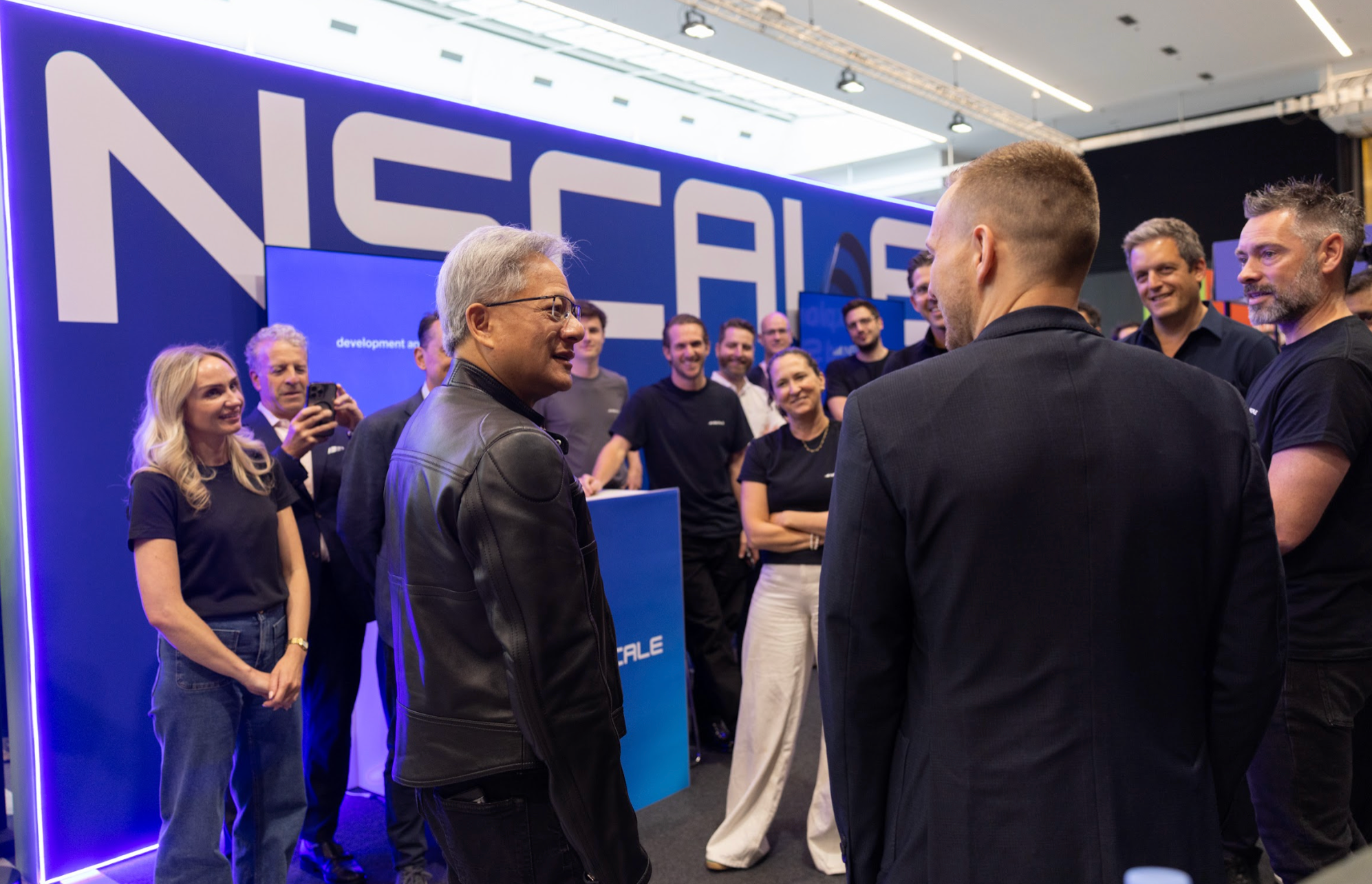Online luxury fashion platform Farfetch, coding software provider OutSystems and cloud-based contact centre Talkdesk have put Portugal on the technology map in recent years. The country of 10m people has produced an impressive number of large tech businesses for its size.
A new crop of startups are coming too, with companies such as Unbabel and Uniplaces growing rapidly. Portugal’s flourishing startup economy began with the crisis, contends Alexandre Vaz, managing director of Mercedes-Benz.io, a tech arm of Mercedes-Benz based in Lisbon.
In the face of high unemployment many Portuguese had to quite literally create their own jobs and export their services beyond the country’s small, economically-beleaguered borders. Others left the country to find work abroad.
Now, nearly a decade on, the tables are turning. Not only is Portugal creating homegrown tech companies, but it is also pulling in foreign talent and investors too, especially in tech.
Last year, Lisbon welcomed its highest ever number of greenfield foreign investments in software & IT, with ten projects valued at $75m, thereby marking the sixth year of growth in this regard, according to fDi Markets, an FT data service monitoring greenfield foreign investment (tangible projects that create new jobs).
Available data suggests another record year for Lisbon.
<i>FDI into software & IT in Lisbon - fDi Markets</i>
| Year | No. projects | Capex (USD m) |
| 2019 (jan-sept) | 10 | 51.8 |
| 2018 | 10 | 75.1 |
| 2017 | 8 | 106 |
| 2016 | 6 | 32.1 |
| 2015 | 3 | 18.4 |
| 2014 | 3 | 9.6 |
| 2013 | 5 | 16.1 |
Cloudflare, one of the world's leading web infrastructure and cybersecurity companies, looked at 45 potential cities across Europe for its third European office, after London and Munich. Like many others this year it chose Lisbon, the ‘warm Berlin’ as some have coined it.
“Lisbon’s tech growth has been tremendous and [the city] is doing a great job of attracting talent. It has the potential to be the next great European technology ecosystem... We chose Lisbon because of its strong tech talent, quality of life, time zone and political stability,” says John Graham-Cumming, chief technology officer of Cloudflare, which has over 155 data centres around the world.
Mainstream foreign investment to Portugal has also been recovering since 2015, despite fairly disappointing figures last year, according to data from the World Bank.
Many of the founders of Portugal’s leading startups emerged from Portugal’s decades-old US university exchange programmes — in tech and engineering — or had gained experience outside of Portugal during the crisis years. These, along with the small size of the country’s market, are reasons why Portuguese startups think globally from day one, according to Ricardo Marvao, co-founder of Beta-i, an innovation platform that matches startups with corporate clients and organises events.
As well as local talent, attracting non-EU tech talent to Portugal has become easier thanks to Portugal’s Startup Visa and attractive incentives for returning Portuguese expats (50% income tax discount). Foreign investors also gain from Portugal’s non-habitual tax resident regime, essentially a tax holiday for skilled professionals’ first 10 years of living in Portugal.
Foreign tech flocks to Lisbon
“It is not only the number of international companies that is growing and expanding in the city. Last year, the number of foreign residents in Lisbon grew 25% and the number of international students enrolled in city universities increased by 11%, showing an acceleration in the growth trend that started after 2014,” emphasises Fernando Medina, mayor of Lisbon.
Lisbon’s tech sector is driving the city’s foreign investment spree. It was the primary target for investors last year, accounting for 24% of foreign investment projects to the city. The city has welcomed a historic number of tech startups and companies over the last two years, according to Invest Lisboa, the capital’s investment promotion and service agency.
Big names have hit the scene. Google, for example, opened a support centre on the outskirts of Lisbon, creating 500 tech jobs. Other arrivals include Amazon, Huawei, Cisco, BMW, Mercedes, Volkswagen, BNP Paribas, Natixis, Euronext. Bosch and Siemens in recent years.
<i>Overall FDI into Lisbon - fDi Markets</i>
| Year | No. projects | Capex (USD m) |
| 2019 (jan-sept) | 36 | 535 |
| 2018 | 42 | 1,112 |
| 2017 | 26 | 318 |
| 2016 | 19 | 345 |
| 2015 | 16 | 89.6 |
| 2014 | 14 | 412 |
An indicator of the tech boom is the arrival of the incubators (Lisbon now has some 32 of these) and 41 coworking spaces. Renowned names within tech real estate have arrived in Lisbon, such as co-working space Factory. The city is also repurposing a former army factory into a 35,000-square-metre mega-start-up campus — Hub Criativo do Beato — thereby competing with Paris’s famous Station F incubator in terms of size.
Lisbon has also become the sixth most popular city for international meetings, according to the International Congress and Convention Association’s ranking.
The crown jewel is the Web Summit, one of the largest and most prestigious global tech conferences. This year’s edition gathered roughly 80,000 attendees, including some 2,000 startups and 1,500 investors.
Popularity, however, has come at a price. The cost of rent in Lisbon has increased rapidly in recent years, with prices hitting an eight-year high in 2018, according to a report from Confidencial Imobiliário. Lisbon City Council is creating up to 7,000 thousand new low-rent homes across the capital, as part of an ongoing affordable rent programme launched last year.
Nonetheless, living costs and labour costs — within the IT and software sector — are still lower in Lisbon than other European tech hubs: London, Berlin and Barcelona, according to location assessment tool fDi Benchmark.
The money rolls in as well
Access to funding may be another question mark for startups and investors prospecting Lisbon. The city’s venture capital market is modest in size by EU standards, but absolutely dwarfed by Silicon Valley, a European-wide problem. Nonetheless, it is growing.
Portuguese startups raised over €485m in 2018, while the volume of transactions increased fourfold compared to 2017, according to a recent report.
Earlier this year Lisbon saw the opening of its largest, most substantial venture capital fund — Indico Capital Partners — marking a milestone for the Portuguese ecosystem and another vote of confidence for foreign investment.



